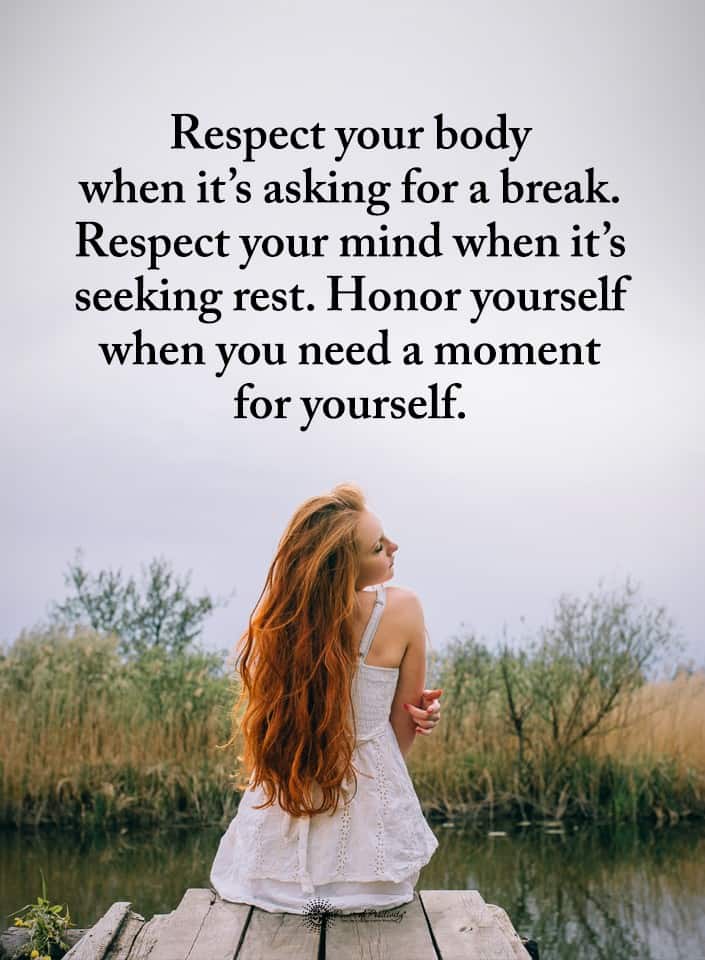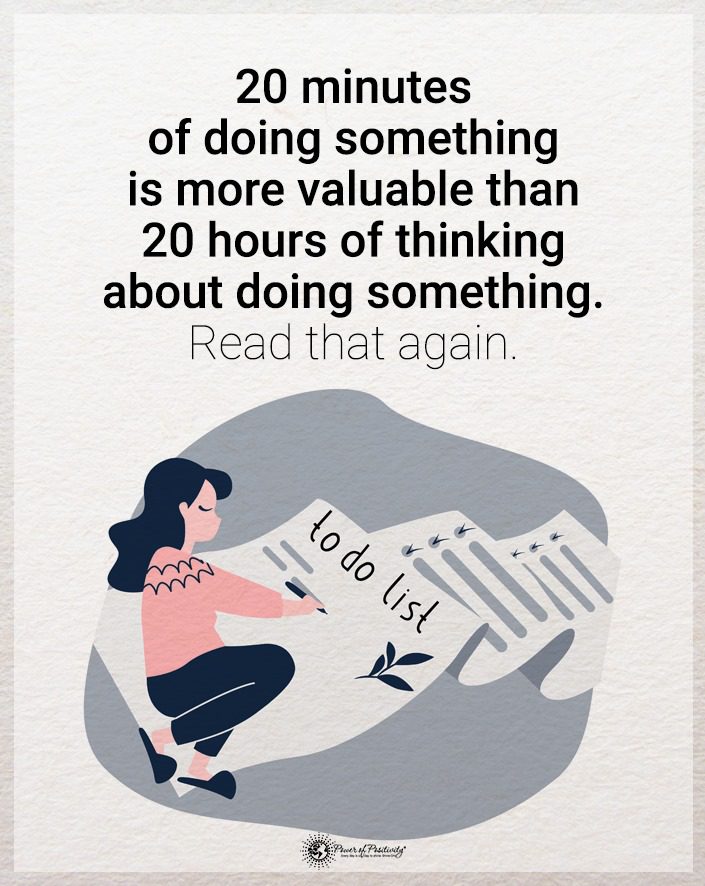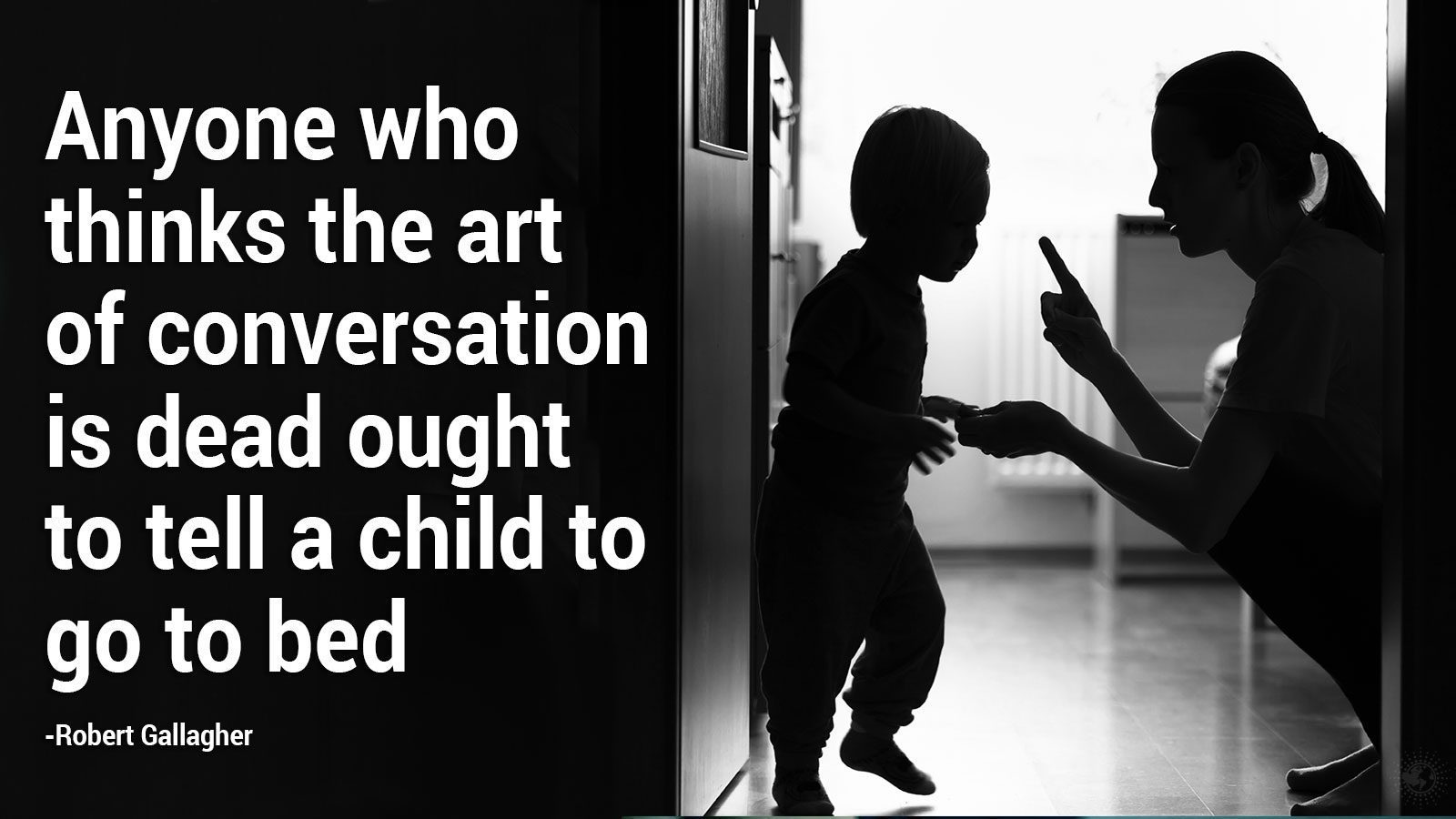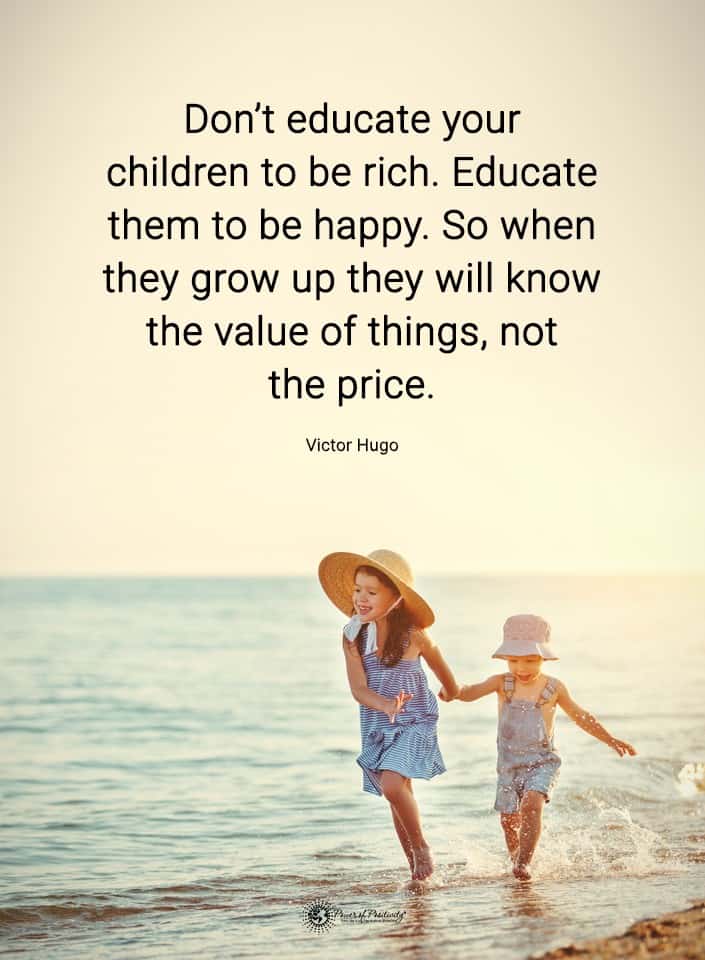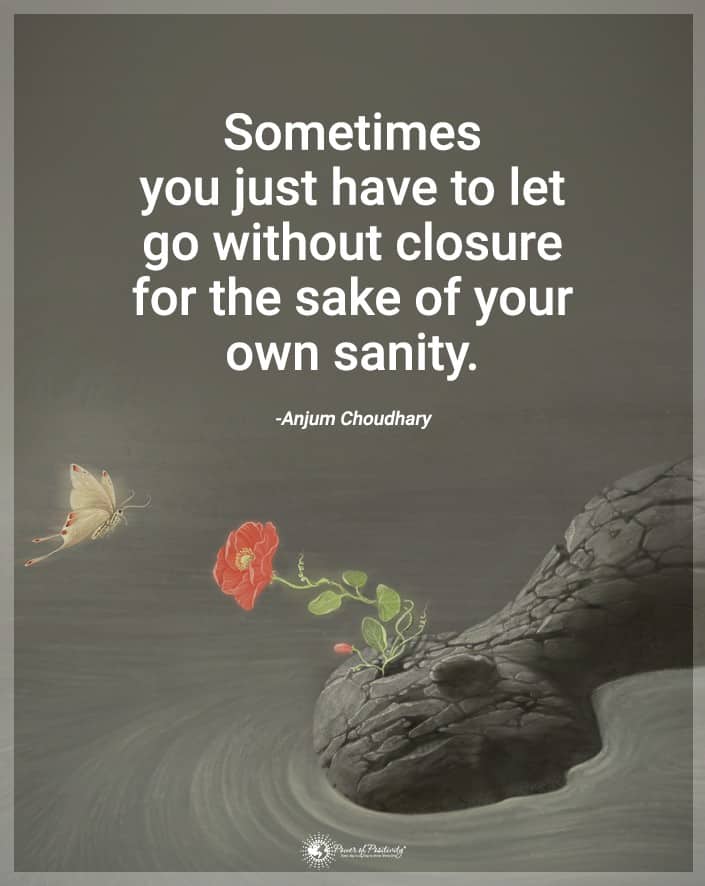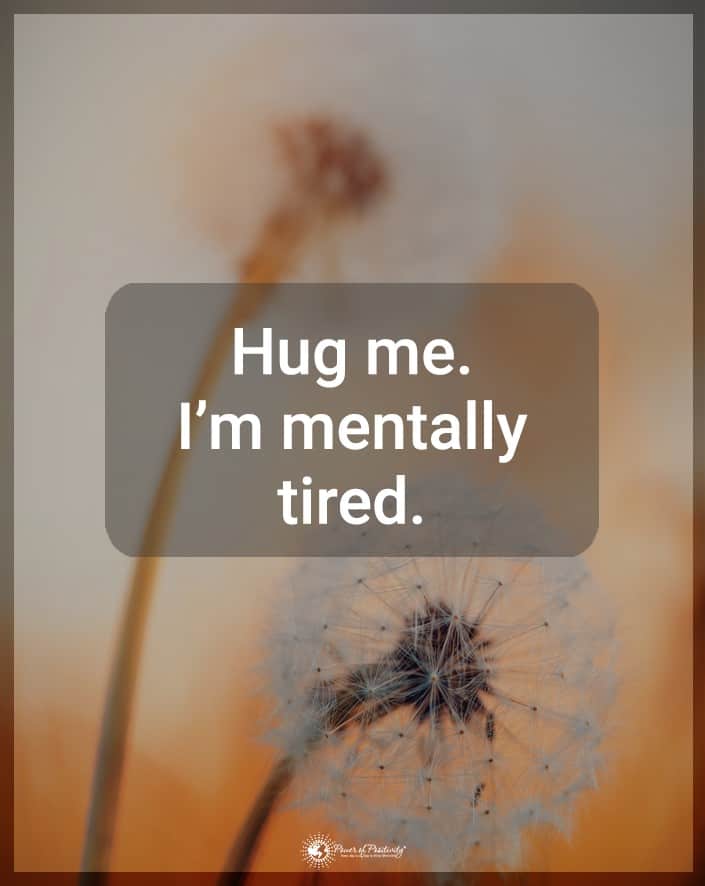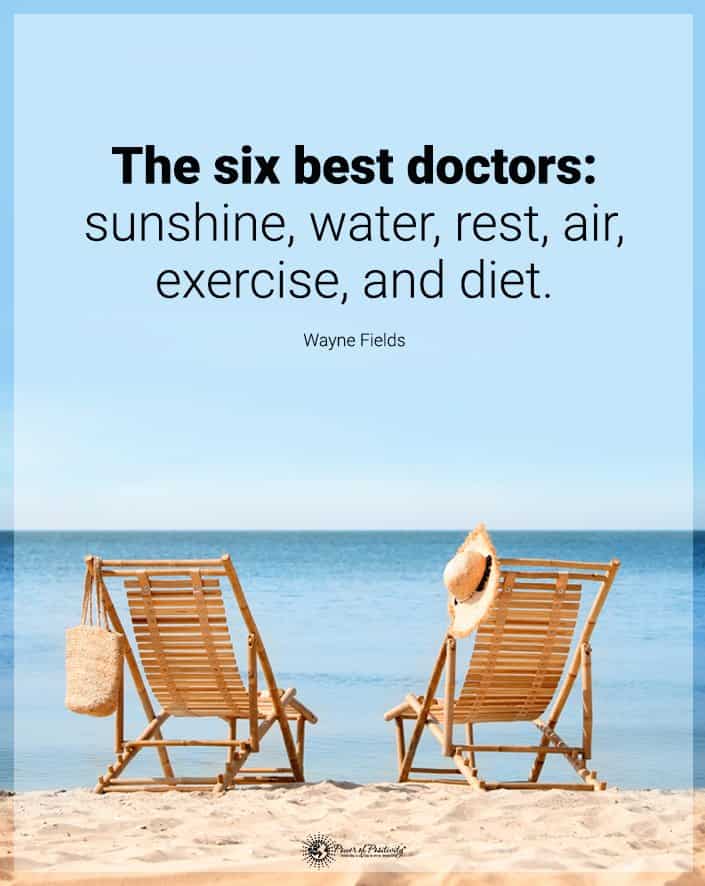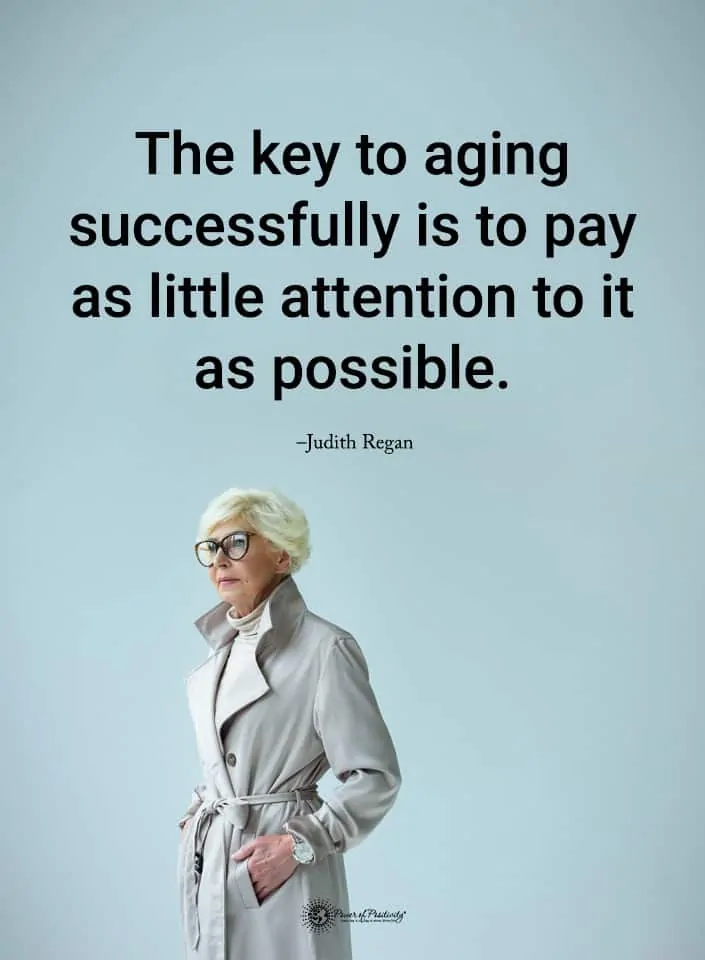A new UK study reveals that even light drinking can lead to adverse health outcomes. UK health guidelines recommend a limit of 14 alcoholic drinks per week. However, the research team found that even drinking less increased cardiovascular disease risk.
The journal Clinical Nutrition first published these findings.
Researchers from Anglia Ruskin University (ARU) investigated hospitalizations related to cardiovascular events among UK citizens. They obtained data on over 350,000 UK residents between the ages of 40 and 69 from the UK Biobank study.
Among the sample population, 333,259 people consumed alcohol. Before the study, researchers asked participants about their weekly alcohol consumption. They also asked questions about the intake of specific types of alcohol, such as beer, wine, and spirits. Afterward, they followed up with the study volunteers for a median of seven years, recording all hospitalizations for cardiovascular events.
They excluded anyone who had previously suffered a cardiovascular event, former drinkers, and those who didn’t complete the questionnaire.
UK Study Warns That Even Light Drinking Decreases Health
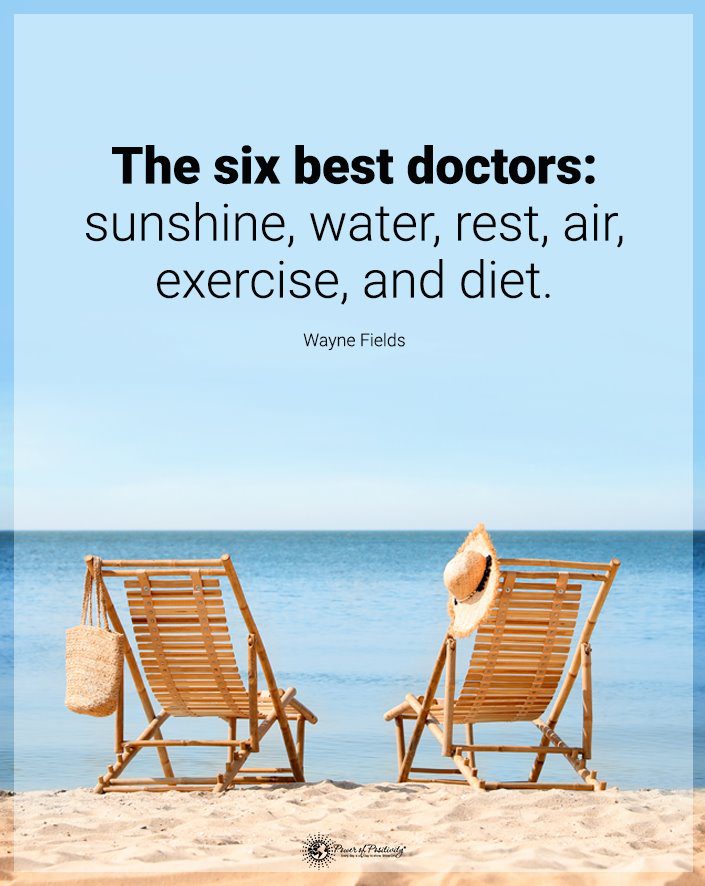
Keep in mind that the UK’s Chief Medical Officers recommend a limit of 14 units of alcohol per week. The comprehensive analysis revealed that each additional 1.5 pints of beer at 4% strength increased cardiovascular event risk by 23% for participants who engaged in light drinking.
Biases Regarding Light Drinking and Overall Alcohol Consumption
The authors say that biases in existing research have led to a public misconception about safe alcohol consumption. Many studies imply that low to moderate alcohol consumption may benefit cardiovascular health and health in general. However, the authors argue that these studies have one or more of the following biases:
- Using non-drinkers as a reference group, even when many don’t drink due to pre-existing health problems
- Lumping all drink types together when measuring alcohol intake of study participants
- Considering the lower risk of coronary artery disease among wine drinkers, distorting overall cardiovascular risk.
Lead author Dr. Rudolph Schutte, course leader for the BSc Hons Medical Science program and Associate Professor at ARU, said: “The so-called J-shaped curve of the cardiovascular disease-alcohol consumption relationship suggesting health benefit from low to moderate alcohol consumption is the biggest myth since we were told smoking was good for us.
“Among drinkers of beer, cider, and spirits in particular, even those consuming under 14 units a week had an increased risk of ending up in hospital through a cardiovascular event involving the heart or the blood vessels. While we hear much about wine drinkers having a lower risk of coronary artery disease, our data shows their risk of other cardiovascular events is not reduced.
“Biases embedded in epidemiological evidence mask or underestimate the hazards associated with alcohol consumption. When these biases are accounted for, the adverse effects of even low-level alcohol consumption are revealed.
“Avoiding these biases in future research would mitigate current confusion and hopefully lead to a strengthening of the guidelines, seeing the current alcohol guidance reduced.”
Other Health Risks of Light Drinking
The UK study wasn’t the first to report the dangers of even light drinking. A 2018 study by researchers from the Washington University School of Medicine found a 20% increased risk of premature death among light drinkers.
The authors analyzed data from over 400,000 people between 18 and 85. They discovered that consuming 1-2 drinks four or more times per week increased the risk of death, despite current guidelines deeming this amount of alcohol healthy. The increased risk of premature death remained steady across all age groups, even more troubling.
The journal Alcoholism: Clinical & Experimental Research published these findings.
“It used to seem like having one or two drinks per day was no big deal, and there even have been some studies suggesting it can improve health,” said first author Sarah M. Hartz, MD, Ph.D., an assistant professor of psychiatry. “But now we know that even the lightest daily drinkers have an increased mortality risk.”
Some previous studies have found that drinking in moderation enhances cardiovascular health. However, Hartz said that their research revealed these potential health benefits come at a cost. Her team evaluated heart disease risk and cancer risk among the study participants.
They did find that light drinking could reduce heart problems, but daily drinking also increased cancer risk. Therefore, you’re simply trading one health concern for another, even if you drink infrequently.
What the Experts Said
Dr. Hartz said:
“Consuming one or two drinks about four days per week seemed to protect against cardiovascular disease, but drinking every day eliminated those benefits. With regard to cancer risk, any drinking at all was detrimental.”
She added that in the future, doctors might recommend that people with a family history of cancer abstain from drinking. For those with heart problems in the family, a physician may recommend only light drinking. However, the latest UK study found that light drinking could still pose a risk to cardiovascular health.
“If you tailor medical recommendations to a person, there may be situations under which you would think that occasional drinking potentially could be helpful,” she said. “But overall, I do think people should no longer consider a glass of wine a day to be somehow healthy,” Hartz concluded.
Even if prior studies have linked light drinking to better health, it’s better to be safe than sorry. You can improve your health in many ways, such as eating a healthy diet, exercising, meditating, and engaging in positive thinking.
Final Thoughts on Study Linking Light Drinking to Reduced Health
Many people believe drinking a glass of wine or beer daily won’t cause any harm. However, a new UK study proves that even light drinking can increase cardiovascular disease risk. They found that each additional 1.5 pints of 4% strength beer consumed increased cardiovascular disease risk by 23%. This means even light drinking carries a significant health risk.
A prior study from Washington University researchers linked light drinking with a 20% increase in premature death. So, to any beer drinkers or wine enthusiasts out there, you might want to think twice before cracking open another bottle. It may help you unwind, but it’s not worth the health risks.

